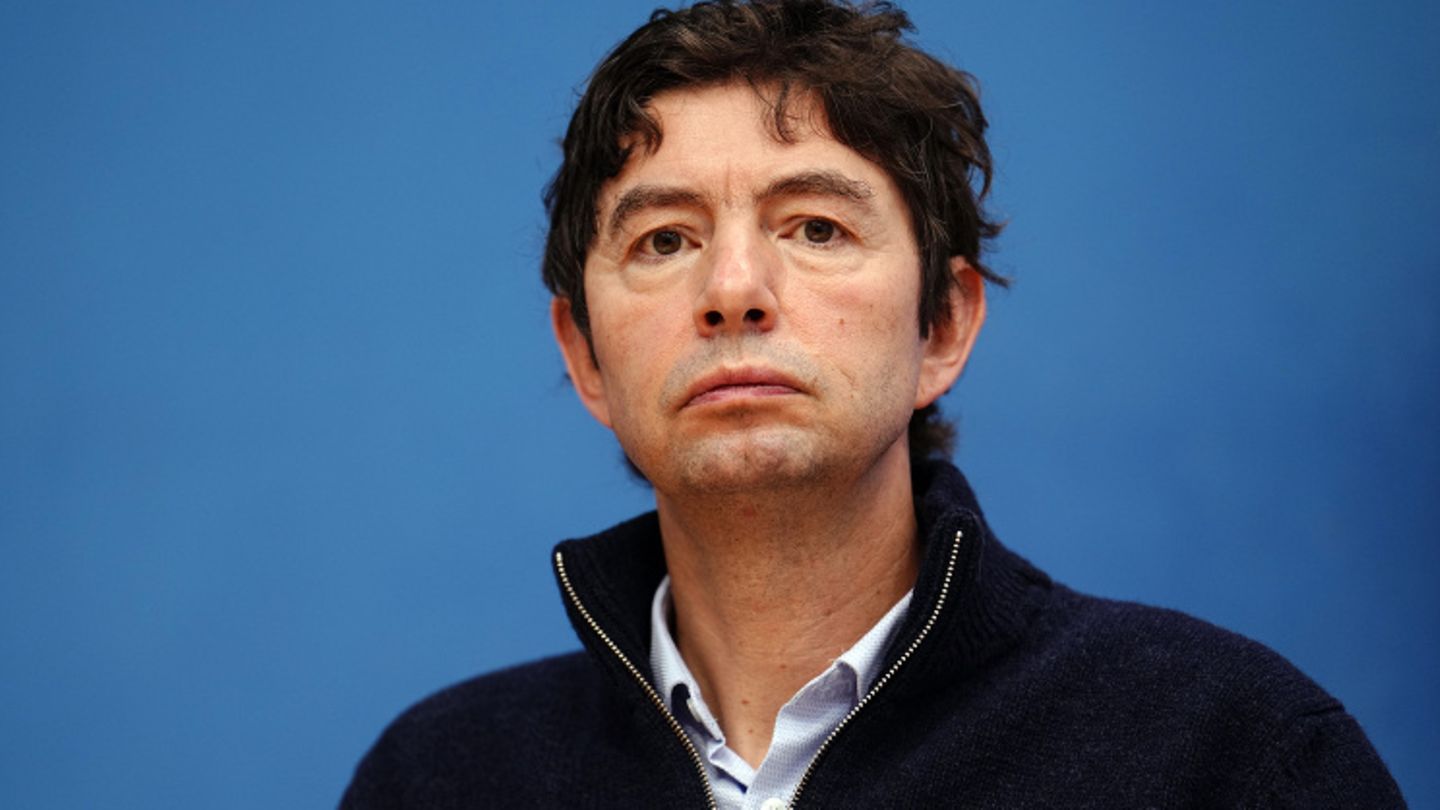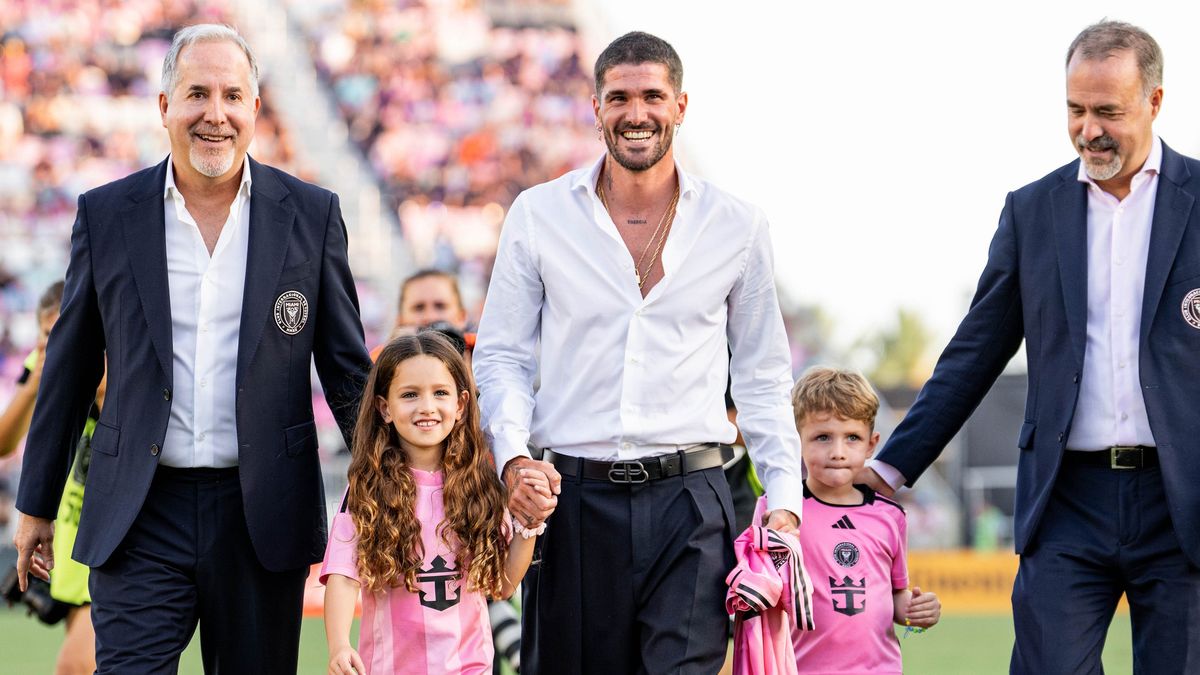In Germany, the Corona numbers are currently at a high level. In view of the easing, this trend will continue until Easter, according to virologist Christian Drosten. With a view to autumn and winter, he advises new measures.
Corona infections in Germany have been skyrocketing for days. The nationwide seven-day incidence is now 1734.2, and the trend is rising. According to the Berlin virologist Christian Drosten, this high could last until around mid-April. “We are currently also in a high incidence phase. And that will remain so until Easter if one does not intervene,” said the scientist from the Charité in Berlin in an interview published on Wednesday by the weekly newspaper “”.
In preparation for the fall, it must be ensured that effective medication is available for risk patients. With a view to the summer, Drosten also said: “And you probably have to control the infection process with relatively mild measures. Masks in rooms are still one of the most efficient means.” However, young people who have been vaccinated three times can move freely again and, in the event of infection, also build up immunity for the community. Long Covid is significantly less common in vaccinated people.
Christian Drosten: “Very likely” have to intervene harder in winter
For the winter, the corona expert expects that “very likely” more severe intervention will have to be made. The current immunity will no longer help against transmission in the fall. In general, it will take years to build up community immunity like influenza, Drosten confirmed. One will therefore “have to control the incidences for years to come with relatively mild measures in autumn and winter”. Booster vaccinations in autumn with a focus on risk groups could also help contain the virus. He did not explain what measures might be necessary.
Drosten recently announced that he would be leaving the successful podcast “The Corona Virus Update” on NDR-Info after around two years – an episode with him and virologist Sandra Ciesek has yet to be announced.
Drosten made it clear that it was a misunderstanding to understand this step as a sign of the easing of the pandemic. “I confess I was the one who said: I can’t do it anymore.” He needs time for research and for the management of his institute. If major problems arise, he wants to speak up in interviews.
Source: Stern




